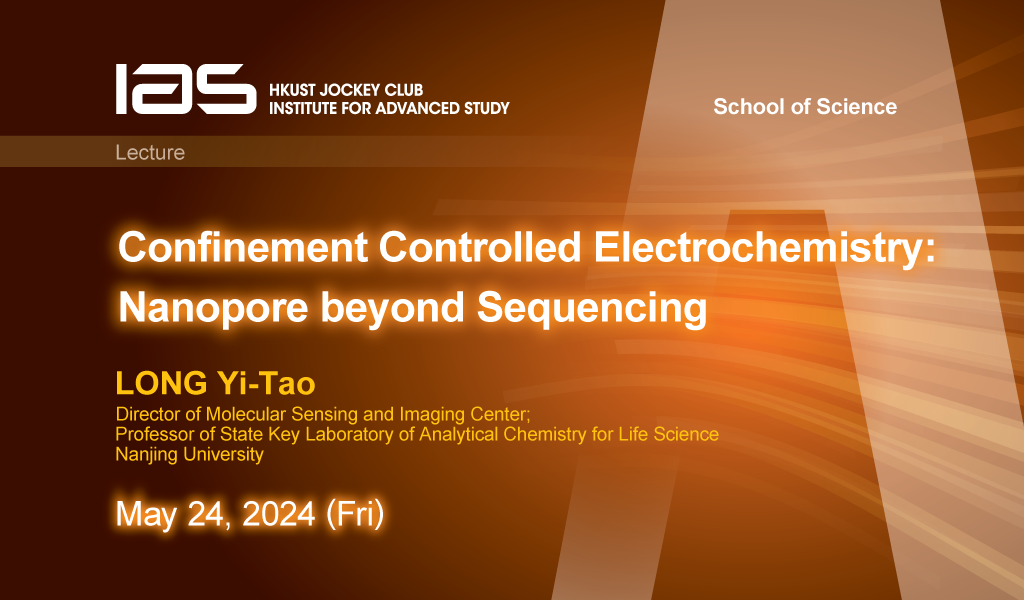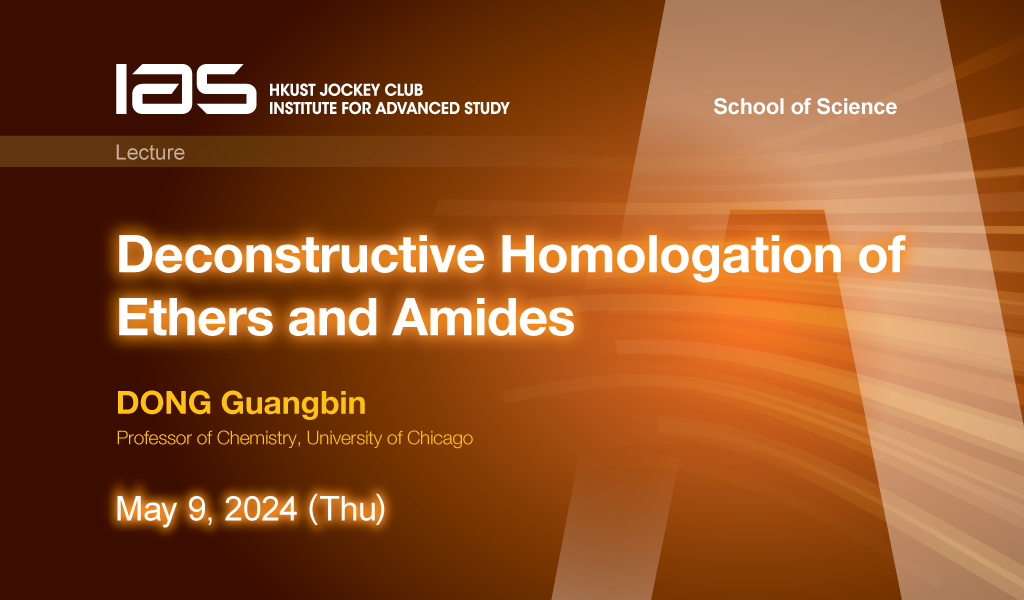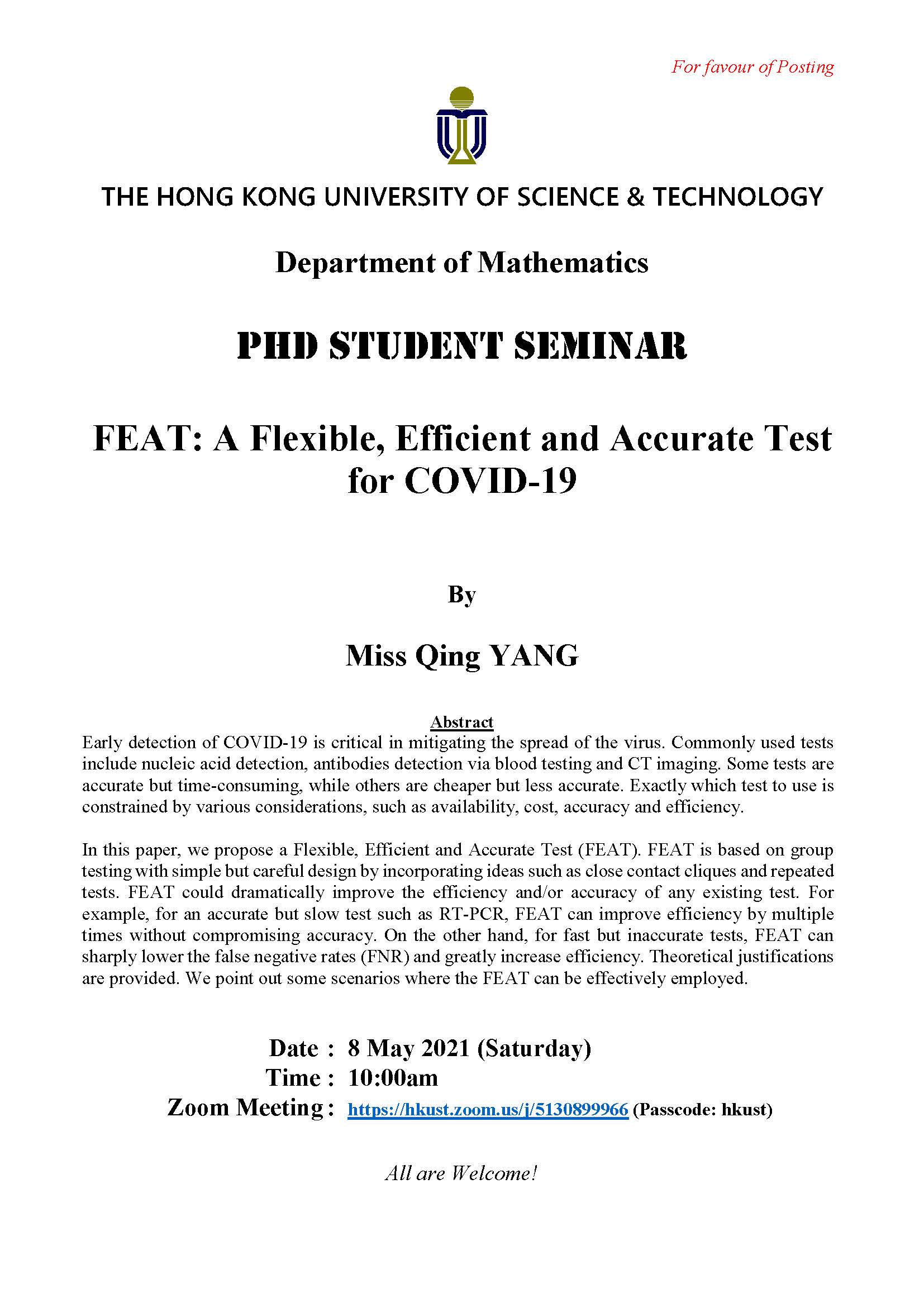Early detection of COVID-19 is critical in mitigating the spread of the virus. Commonly used tests include nucleic acid detection, antibodies detection via blood testing and CT imaging. Some tests are accurate but time-consuming, while others are cheaper but less accurate. Exactly which test to use is constrained by various considerations, such as availability, cost, accuracy and efficiency.
In this paper, we propose a Flexible, Efficient and Accurate Test (FEAT). FEAT is based on group testing with simple but careful design by incorporating ideas such as close contact cliques and repeated tests. FEAT could dramatically improve the efficiency and/or accuracy of any existing test. For example, for an accurate but slow test such as RT-PCR, FEAT can improve efficiency by multiple times without compromising accuracy. On the other hand, for fast but inaccurate tests, FEAT can sharply lower the false negative rates (FNR) and greatly increase efficiency. Theoretical justifications are provided. We point out some scenarios where the FEAT can be effectively employed.




